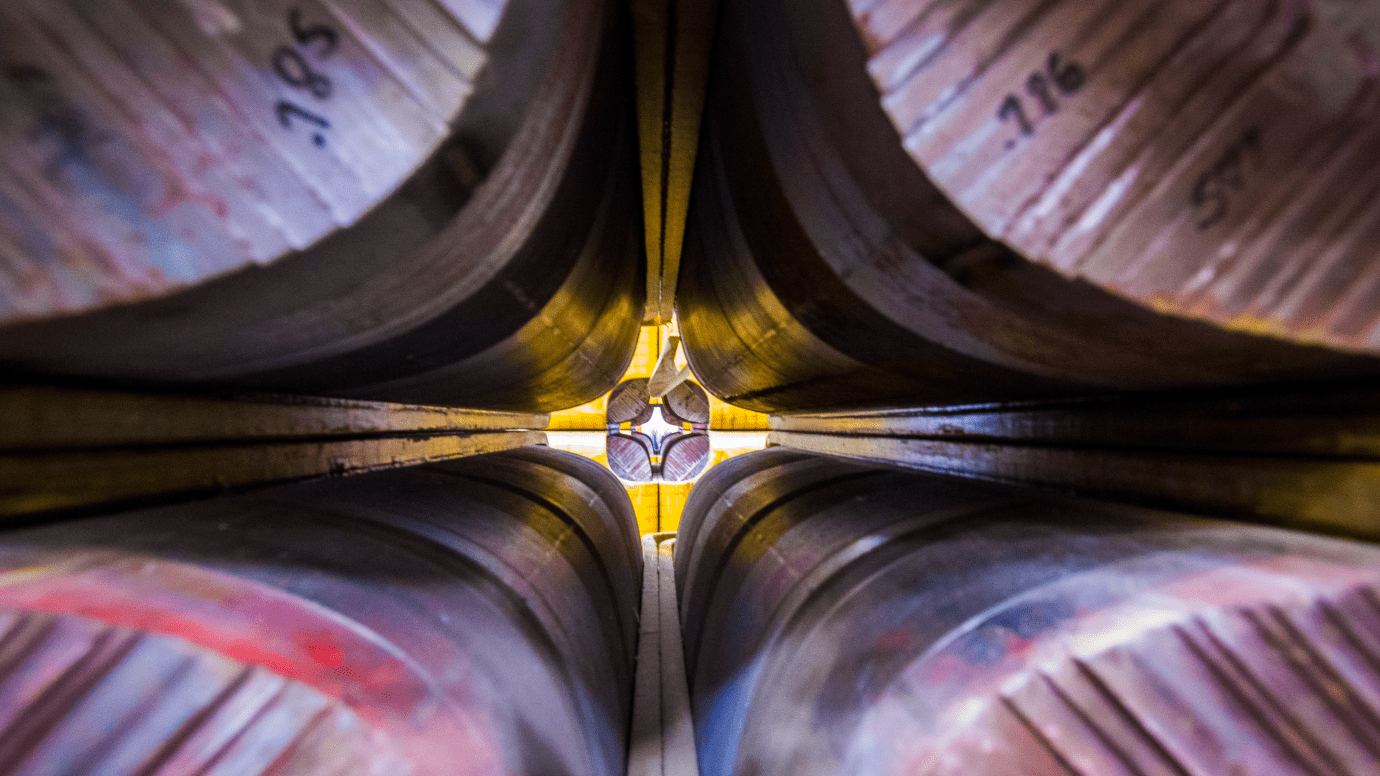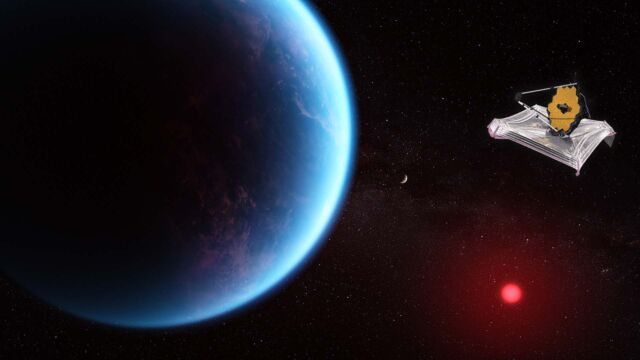The moment has arrived! results from the Muon g-2 experiment at Fermilab will be announced in a scientific seminar on August 10, 2023, at 10:00 am US Central Time, the seminar will be live-streamed on the Fermilab YouTube channel.[1]
This announcement had been keenly anticipated in the world of physics, as it could potentially challenge the universally accepted Standard Model of particle physics.
Two decades ago, the Brookhaven National Laboratory identified an inconsistency in the Standard model, this discrepancy became more evident when Fermilab revealed its results from the same experiment.
Fermilab declared the findings of the earlier “Muon g-2 experiment” on April 7 2021, that was initially performed on May 31, 2017.
The discrepancy revolves around a property of the muon called its magnetic moment, which is a measure of the particle’s rotation.
The Standard Model provides a theoretical prediction for the magnetic moment of the muon, but the results from both Brookhaven and Fermilab suggest that the muons are rotating slightly more than the predictions.
This minute difference might appear trivial, but in the precise world of particle physics, it’s a potential game changer.
The new data that have been measured are causing quite a stir globally because they differ slightly from the projections of the Standard model.
This is a significant moment for physicists because the Standard Model is recognized for its precise forecasts.
If there’s even a minor variation, it could point to the existence of a particle or force beyond the Standard Model.
If that turns out to be the case, we’ll need to update our understanding of physics.
Currently, the odds that these results are a mere statistical accident are about one in 40,000, which scientists describe as 4.2sigma.
However, to confirm a discovery, we need a precision of 5sigma, which equates to a one in 3.5 million chance.





